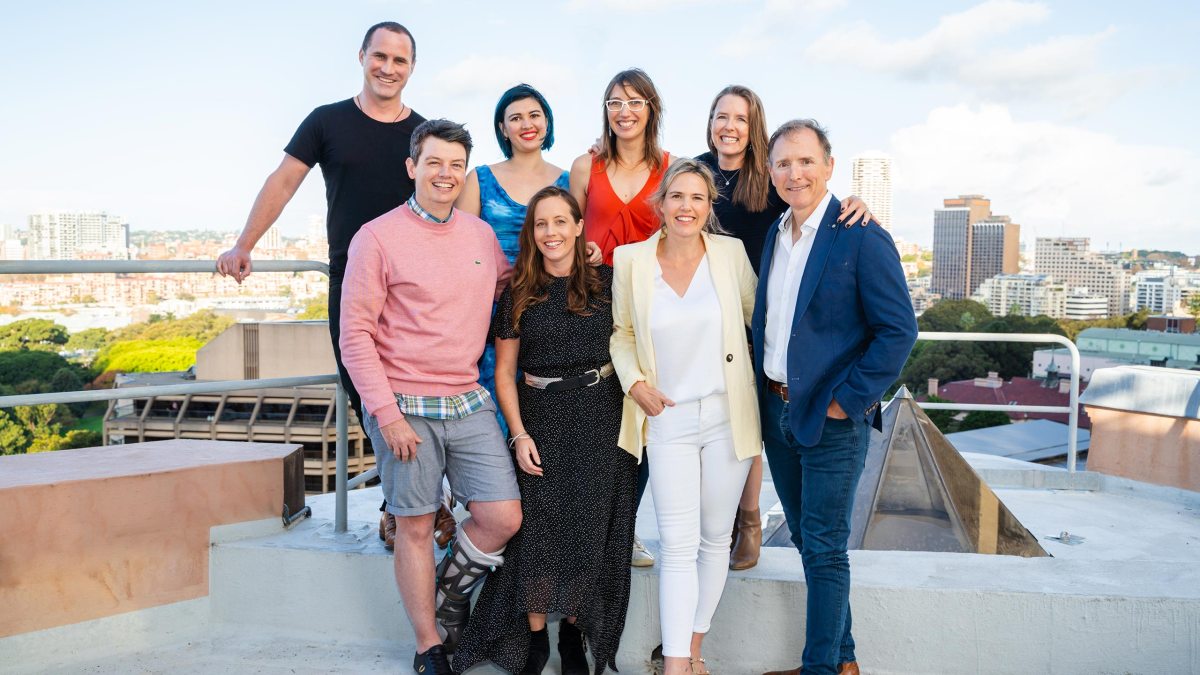The Albert family are pioneers themselves, they brought a music revolution to Australia at the beginning of last century, and they continued to lead the way in music and film as vinyl evolved into cd’s, and when radio gave way to digital disruption. And now, as the family’s fifth generation make their mark on the business, they’re transitioning towards investing in early-stage, high-impact businesses, and they’re still looking for pioneers.
“It’s a continuation, like music education in the early days, musical instruments, and radio; we’ve always been in industries that have had a positive impact. It’s a different model, but in many respects it’s a continuation of the past, just in a more formalised manner.” Says David Albert, CEO.
The concept of impact investment has always been driven by family offices, it’s an ideal model as there tends to be the risk appetite for early stage investments, a clearly defined set of values from the family, and a governance structure that allows those values to be embedded into investment decision making.
For the Albert family, and for the organisation as a whole, the focus is on culture and sustainability. They want to continue to support arts, music and entertainment in Australia, but they recognise none of that is possible without a healthy environment.
“Our impact approach covers four areas, first is arts, music and entertainment; we want to make a more vibrant culture, giving more musicians and artists greater accessibility to decent wages. We’re also focussed on the environment and sustainability, because we’d all love to live on a healthy planet. The third is mental health and well-being, because we also want healthy minds to inhabit that planet. And finally, equality, because we want it to be available for everyone. And we really want to level the playing field.” Explains Lisa Fedorenko, who came on as investment manager for the fund earlier this year.
“We have a high risk appetite. We focus on early stage companies, so pre-seed, seed and series A rounds.” She says.
So far they’ve maintained their alignment with the music industry, investing in two startups that are negotiating the challenging confluence of digital disruption with the need for artists to be doing more live shows to generate income.
Muso is a platform which aims to increase the potential for more live music by connecting artists to venues, and reducing friction in that interaction. The other startup is Tixel, which is developing a secondary market for concert tickets which is safer, reduces the likelihood of scalping, and gives both artists and fans more transparency around ticket sales.
These direct impact investments sit outside the alternatives portion of the main investment portfolio. According to David the alternatives make up around 25-30%, with private debt and private equity in there as well. The remainder of the portfolio is fairly traditional, across local and international equities, and they’re in the process of reviewing the entire allocation to ensure it aligns with their responsible investment ethos.
They also have the Tony Foundation, which was established in 2012 as the philanthropic arm of the business. It has a clear mission to improve lives through music, and while it offers grants to a range of projects, it also has its own allocation to impact investments, across an assortment of impact focused investment assets.
Nurturing the Innovators
The Alberts recording label is best known for its early signing of ACDC, Billy Thorpe and The Easybeats. At their prime, in the 70’s, they produced 20% of the songs topping the charts. And while the family sold the recording label to BMG in 2016, they retained the rights to the ACDC back catalog.
Early success for the record label came from the ability of Ted Albert to identify up-and-coming musicians, and the family recognises that venture capital investing isn’t all that different.
“The studios were actually kind of like incubators, back in those days. You recognise that there are various stages in a musician’s career across songwriting, publishing and recording, and you might make an early investment, and then in time, one of the larger record labels might step in, when their music or their success moves on to another level.” David explains. “So we ask ourselves, how can we learn from that and use that, as we’re now looking to work with founders to help them grow”
Defining their impact framework was an involved process. They wanted everyone in the organisation to have buy in, with a clear focus on the long-term resilience.
“Everyone was involved, from the board, to the members of the team, and also with the family. We just wanted to ensure that everybody had an opportunity to give their insights and thoughts on what positive impact really means to them. This has given us a really clear view of what we call our impact framework, and it reflects how and which parts of the business we can leverage, to actually achieve those measurable outcomes.”
They’ve become a B-Corp, and they’re not shying away from the hard work and responsibility of the impact investment approach.
“We want to be able to come together, on an annual basis, and look into the future to really qualify and quantify what does positively impact the impact look like? And how are we actually achieving it?” David says.

